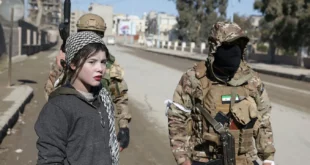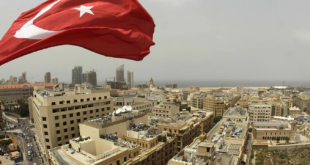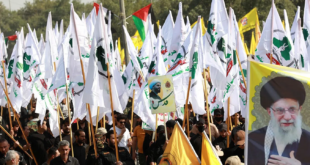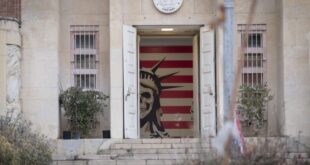Pakistani President Pervez Musharraf was sworn in for a second term on Thursday, but this time as a civilian leader a day after quitting as army chief and fulfilling a promise many Pakistanis doubted he would keep.Abdul Hameed Dogar, the chief justice Musharraf hand-picked after purging the Supreme Court under emergency rule he imposed on November 3, administered the oath.
“This is a milestone in the transition of Pakistan to complete essence of democracy,” Musharraf, wearing a traditional sherwani tunic, said in a speech after he took the oath at a ceremony in the presidency in Islamabad.
Musharraf’s power and influence in the nuclear-armed country, which is vital to the U.S. campaign against al Qaeda and its strategy in neighboring Afghanistan, are bound to be diminished after relinquishing command of the army.
He passed command to his hand-picked successor, General Ashfaq Kayani, who is seen as loyal to Musharraf.
“Pakistan will go stronger with me as a civilian president and General Kayani as army chief,” Musharraf said.
Musharraf won re-election in a vote by legislators last month and later suspended the constitution, declared emergency rule and purged the Supreme Court to block opposition legal challenges to his victory while still a serving officer.
The opposition is still challenging his re-election.
“The oath he is taking has no legitimacy, no legal basis,” former prime minister Nawaz Sharif, the man Musharraf ousted in a 1999 coup, told reporters late on Wednesday.
“The actions taken on November 3 are unacceptable to us. We condemn them and want them to be rolled back,” Sharif said.
Sharif and another former prime minister, Benazir Bhutto, are considering boycotting a January 8 general election that they say will not be free and fair under emergency powers, although analysts expect them to take part.
Musharraf is due to address the nation later on Thursday and he could use the occasion to end the emergency.
 Eurasia Press & News
Eurasia Press & News



